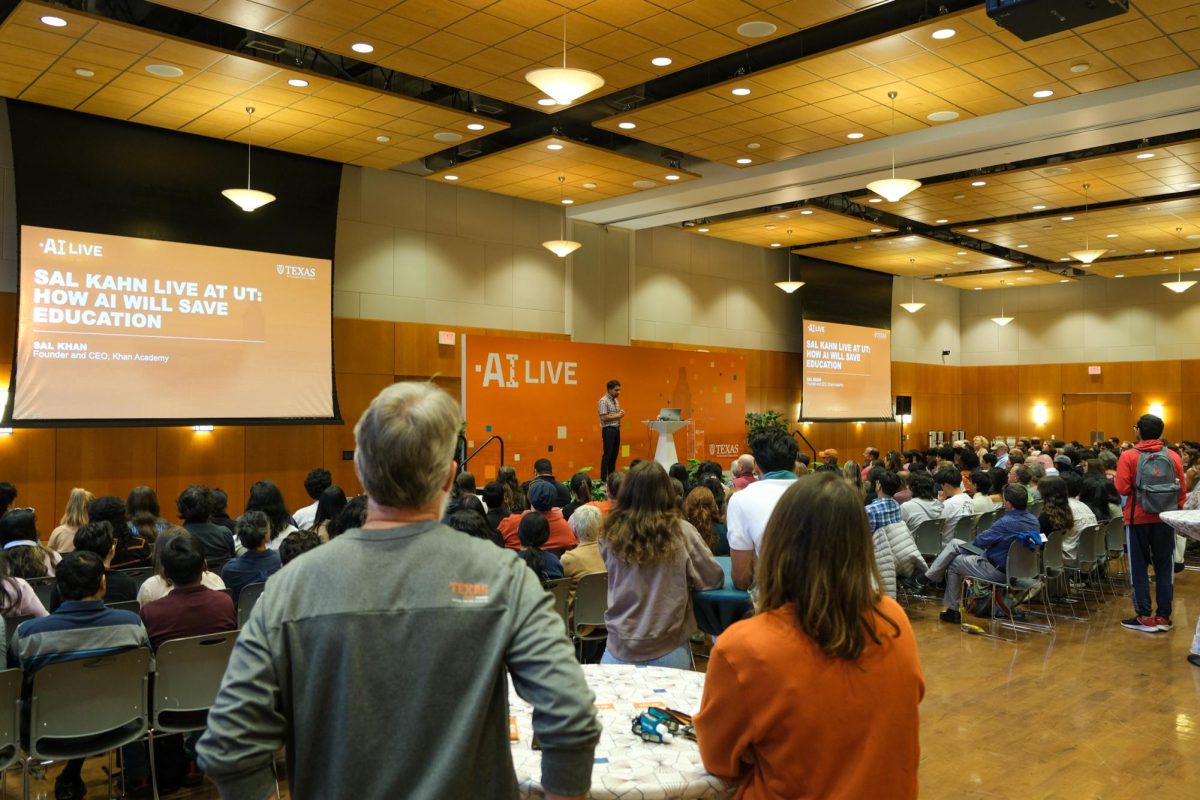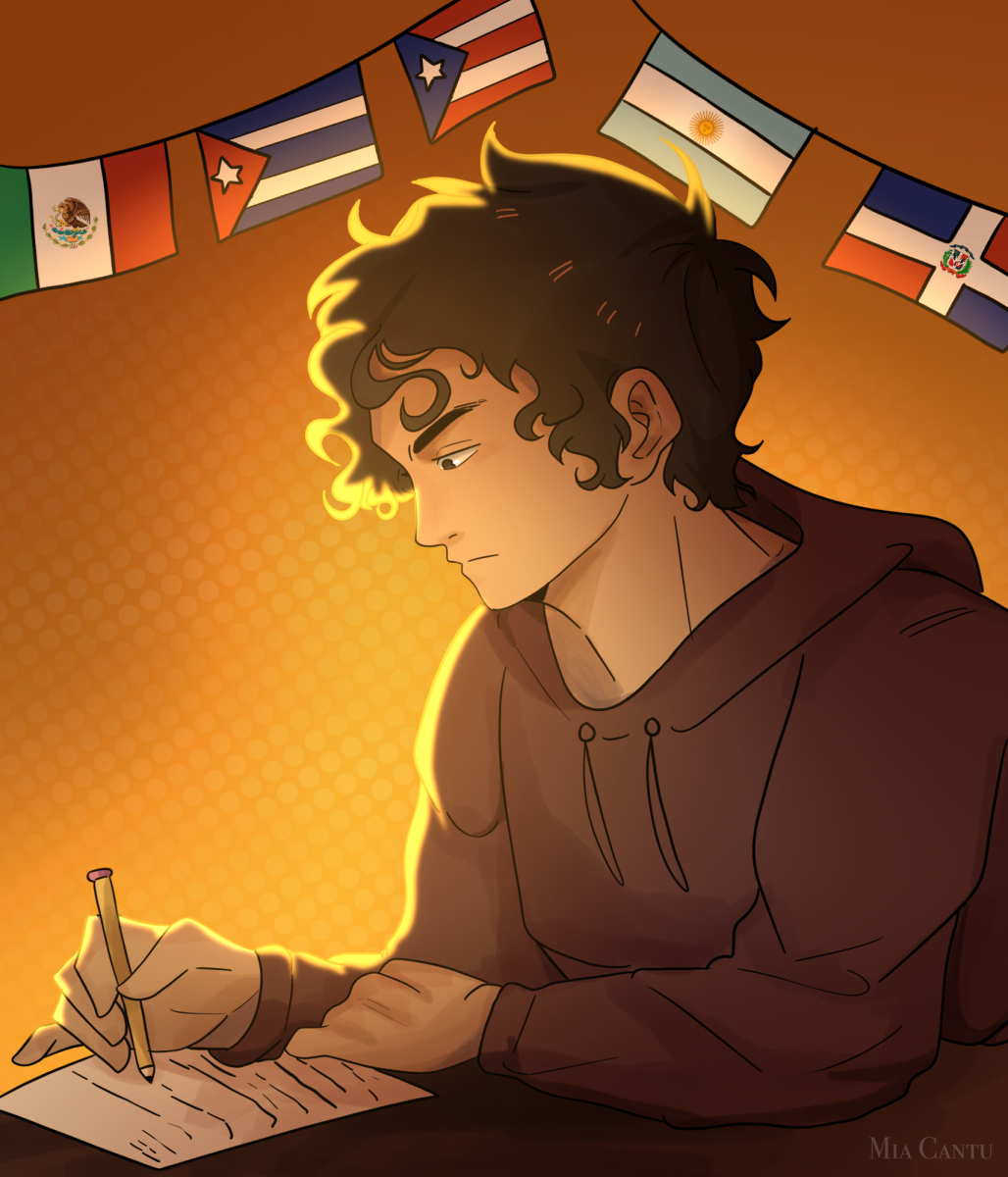Following the recent death of world-famous opera singer Barbara Smith Conrad, the Dolph Briscoe Center for American History plans to use its documentary and archives about Conrad to continue sharing her life story as one of the first black students admitted to UT in 1956. Conrad died on May 22 of Alzheimer’s complications.
Conrad, who was a mezzo-soprano, first made national headlines in 1957, when she was removed from the University’s production of “Dido and Aeneas” because her casting in the romantic opera as the female lead with a white male student counterpart prompted controversy and threats of funding cuts for the University.
The Briscoe Center’s 2010 documentary “When I Rise” details the controversy, Conrad’s international success in opera and her lifetime support for UT.
“I think that one of the big lessons that's part of her legacy is forgiveness — forgiveness for the casting incident and all of the hatred that ensued with that,” said Alison Beck, director of special projects at the Briscoe Center.
Beck helped produce the Briscoe Center’s documentary about Conrad, which spurred out of an oral history project in 2006 after Conrad returned to UT as a performer and visiting professor at the Butler School of Music. During the 2007–2010 documentary production, Beck worked extensively with Conrad and said they became close friends.
“She was a very generous person, very gracious,” Beck said. “If you wanted to know anything about music she would just take the time to tell you.”
The Briscoe Center houses Conrad’s personal collection as well as many music sheets of gospels from which Conrad hoped to record a CD before her death. Beck said the Briscoe Center hopes someone will continue Conrad’s spiritual music project.
“We want students and faculty to know that her personal papers are here at the Briscoe Center and those are available for research, teaching and for publication,” Beck said.
The Briscoe Center plans to host “When I Rise” public screenings for UT and Huston-Tillotson students during the fall in their new reading room where a large portrait of Conrad hangs.
Conrad was buried at the Texas State Cemetery near monuments for Stephen F. Austin and Barbara Jordan.
“She is with these history making Texans,” Beck said. “As people, school children go to visit the cemetery, they'll learn about her and you know she'll be remembered.”

















